Klarna has been busy making changes that affect both shoppers and merchants. From adding new payment options through Apple Pay to preparing for upcoming UK regulations, the company is expanding its reach while also adapting to new rules. Here’s a breakdown of the key updates and what they mean for your business.
Klarna Now Available Through Apple Pay
One of the biggest developments is Klarna’s integration with Apple Pay. Shoppers in the US and UK using apple products can now choose Klarna at checkout when paying with Apple Pay. This means they can split their purchases into interest-free instalments or choose longer-term finance plans, all while enjoying the same security and convenience that Apple Pay is known for.
This update makes the checkout process faster and simpler. Customers can approve payments with Face ID or Touch ID, and Klarna’s checks ensure flexibility without harming credit scores.

UK Regulation for BNPL Is Coming
The UK government has confirmed that new rules for Buy Now, Pay Later (BNPL) services will come into effect in 2026, marking the first major step towards regulating this fast-growing sector. Klarna has long supported the move, arguing that stronger rules will build trust and create a fairer market for shoppers and merchants alike.
BNPL has expanded quickly in recent years, with more than 10 million people in the UK using these services, particularly younger shoppers managing everyday spending. Many transactions are for small amounts under £50, but without checks, borrowers have sometimes taken on multiple loans at once, leading to concerns about hidden debt and missed payments. Consumer groups and regulators have pushed for clearer safeguards to address these risks.
The new framework will require affordability checks, even on smaller purchases, and give shoppers access to protections such as the right to escalate complaints to the Financial Ombudsman and Section 75 coverage for purchases over £100. Providers like Klarna will also need to explain terms and consequences more clearly. For merchants, this means offering BNPL will soon carry the same level of responsibility as other forms of credit, but it should also improve confidence among customers.
What the New Rules Mean for Shoppers
The upcoming regulations will introduce important protections. Customers will need to pass affordability checks even on small purchases, making it harder to take on multiple loans at once. They will also have the right to escalate complaints to the Financial Ombudsman if problems arise.
In addition, purchases over £100 will be covered under Section 75 of the Consumer Credit Act. This gives shoppers the right to claim refunds if something goes wrong with their order. Providers like Klarna will also be required to explain terms clearly and make sure customers know what happens if they miss a payment.
Why These Changes Matter for Merchants
For businesses that offer Klarna, these updates bring both opportunities and responsibilities. On the positive side, Apple Pay integration makes checkout smoother and more familiar, which can help increase sales and boost customer confidence.
At the same time, the new rules mean merchants will need to make sure payment information is transparent and easy to understand. This includes being clear about merchant regulations, such as repayment terms, late fees, and refund rights. While this might require some adjustment, it should also help build long-term trust with customers.
Klarna’s latest moves show a company preparing for the future. By expanding into digital wallets like Apple Pay, it is making instalment payments more accessible. By welcoming regulation, it is helping to create a safer and more reliable market for BNPL.
For merchants, this is a good time to review payment options and prepare for the changes ahead. Offering Klarna at checkout not only gives shoppers more flexibility but also positions businesses as forward-thinking and ready to meet new standards.

